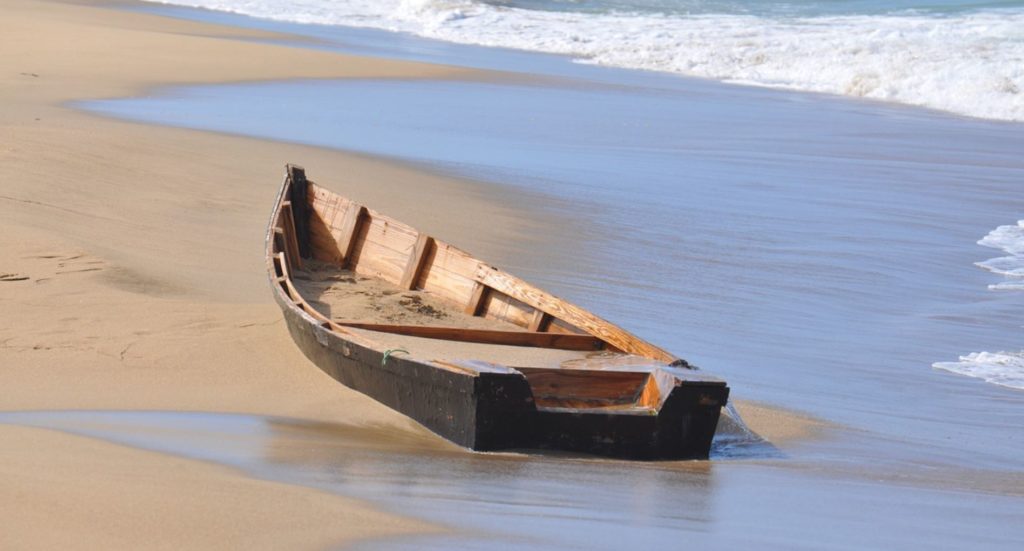 By Joe Jarvis
By Joe Jarvis
President James Garfield was shot at a train station on July 2, 1881.
But it took 80 days for the best doctors in the country to complete his assassination.
These doctors decided that the most important thing was to remove the bullet. So they stuck their dirty unwashed finger into the wound, cut incisions, and poked and prodded.
By September, the doctors had extended the small bullet wound to a 20-inch long gash. It became a rotting, pus-ridden, extreme infection.
On September 19, 1881, in immense pain, Garfield died of sepsis.
If you want to kill someone legally, hire them a personal doctor. Extremely rich and powerful people from Garfield to Michael Jackson have made the mistake of thinking a personal doctor will keep them healthy.
But a doctor’s whole job is to intervene.
Nassim Nicholas Taleb explains this in his book Antifragile.
With medicine, the successes are prominently displayed, while the failures are hidden. That leads people to believe that medical intervention is almost always beneficial.
In reality, medical intervention is often not worth the risk if the potential payoff is small. Only in severe cases, when doing nothing would cause great harm, does medical intervention outweigh the risks.
The doctor, however, has a couple of incentives to intervene. One is profit– they make more money.
But even the most honest doctor will err on the side of intervention. Otherwise, if something happens to the patient, he could be blamed or even sued for negligence.
Unfortunately, politicians see themselves as society’s doctors.
Here in Puerto Rico, we are on lockdown meant to stop the spread of Covid-19.
The Governor issued an executive order forcing non-essential businesses closed. There is a curfew from 9pm until 5am. We cannot leave home except for emergencies.
Even outside those hours, we are allowed to travel only for work, groceries, or medical reasons.
I could face six months in jail and a $5,000 fine for walking a quarter mile to the beach, and soaking up some Corona-killing ultra-violet and Vitamin D.
I can look at this situation objectively.
Puerto Rico is in absolutely no position to handle an epidemic. There are currently a handful of confirmed cases on the island, so the government is getting out ahead of a crisis.
From one perspective, it is actually a responsible move. The government realizes how inept it would be at combating an epidemic, so it implements extreme measures to stop that from happening.
That’s what governments do, they react. They have to protect their phony-baloney jobs, as Mel Brooks would say.
And to be fair, the politicians in office will get beat on by the public for not doing enough if things get out of hand. Politicians have every incentive, personally, to act.
That’s why you see mayors and governors across the country acting like dictators to shut down social gatherings, bars, restaurants, and gyms.
But no one ever focuses on the whole picture.
The government’s sole aim is to stop the spread of Covid-19. The economic effect of quarantining millions of people is not part of the equation to them.
The emotional rush to do something, entirely ignores the unintended negative consequences.
In the end, the government will report that they saved lives. They will ignore how many lives were ruined by their draconian lock-down that will likely crash the economy.
And it’s worth noting that some of these powers seized by the government will never be rolled back, just like after 9/11.
Look, this isn’t some personal tirade about being locked inside for two weeks.
Honestly, I couldn’t think of a better place to be on house arrest.
I have a roof deck where I grow edible plants with an ocean view. I have a bidet. I have at least a month’s supply of non-perishable food (and wine). And I had it long before this week– I mean, I write for Sovereign Man and The Daily Bell, after all.
I work from home, I diversify my assets, and I have a Plan B.
The people who are going to be screwed by this big government “do something” interventionism are the poor, the elderly, and the vulnerable who rely on service jobs, and live paycheck to paycheck.
In other words, the same exact people they are claiming to protect.
But as individuals, we don’t have to react emotionally, panic, and do something.
Sometimes the right thing to do is to sit back, wait, and see what happens. When the smoke clears, people who are prepared will have plenty of opportunity to benefit from society’s fragility.
That’s what being antifragile is all about. It’s more than prepping to be robust against, say, unexpected martial law. It’s about being positioned to actually benefit from the economic turmoil these interventionistas create.
This post contains Amazon affiliate links
Article source: The Daily Bell
Image: Pixabay
Subscribe to Activist Post for truth, peace, and freedom news. Become an Activist Post Patron for as little as $1 per month at Patreon. Follow us on SoMee, Flote, Minds, Twitter, and Steemit.
Provide, Protect and Profit from what’s coming! Get a free issue of Counter Markets today.
